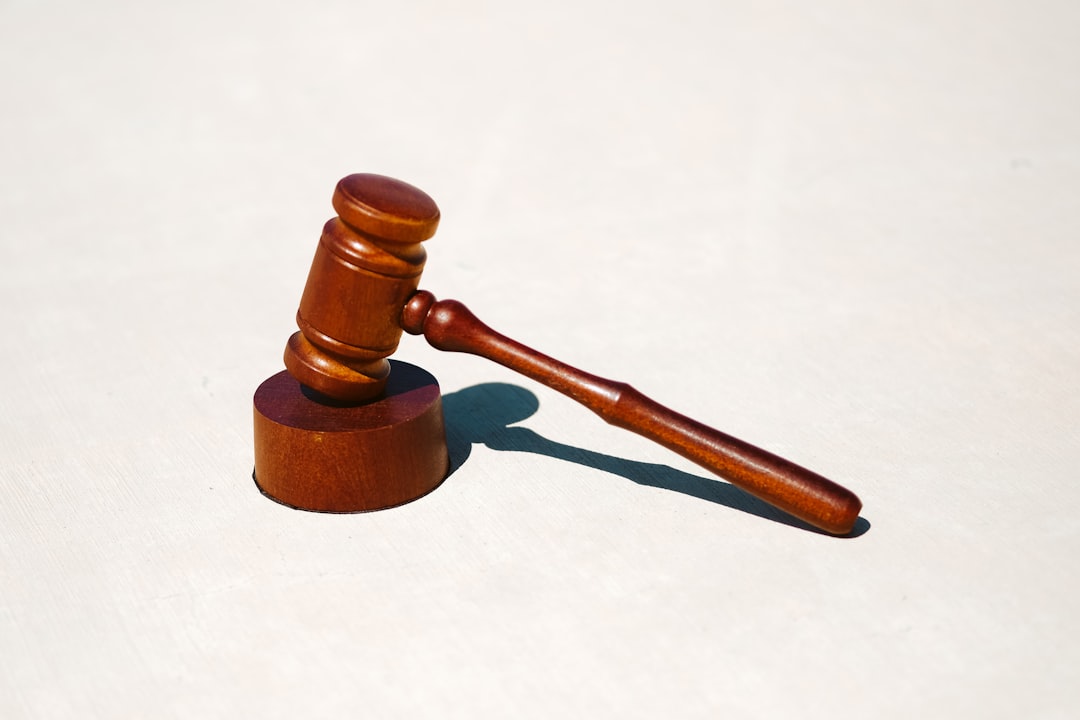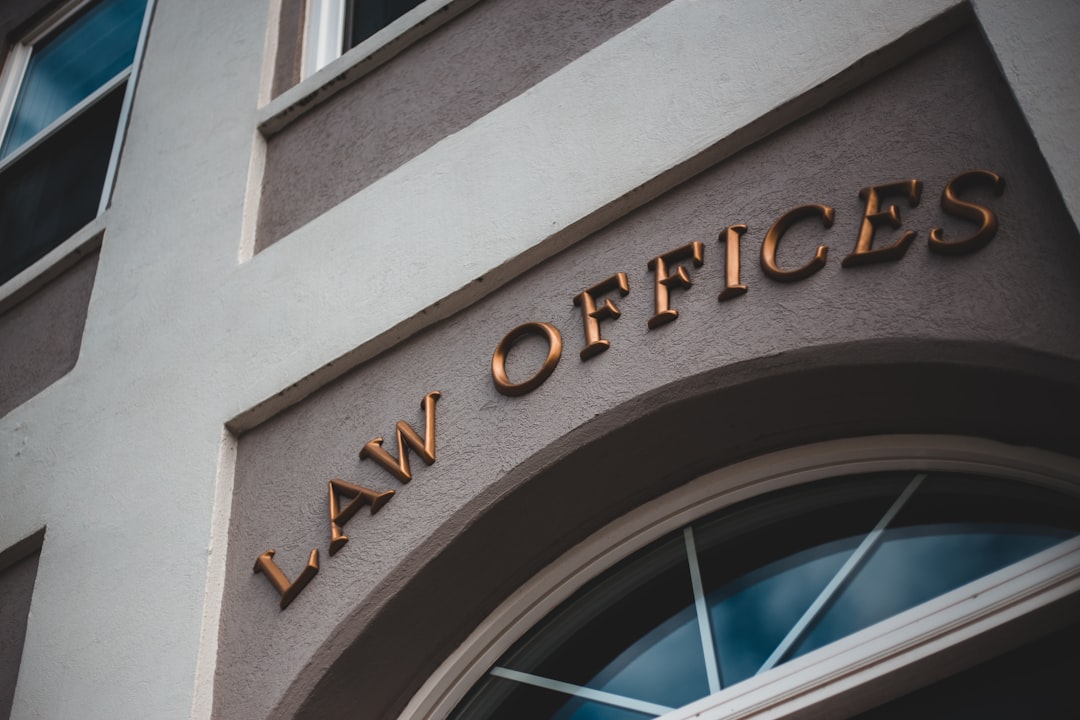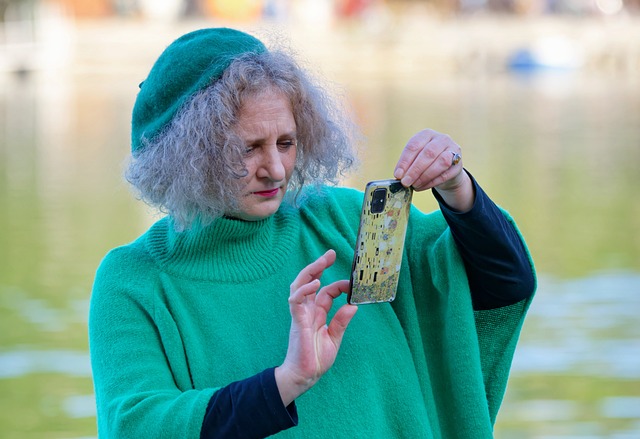The Elder Justice Act (EJA) in Ohio is a comprehensive legislation aimed at protecting seniors aged 60+ from abuse, neglect, and exploitation. Key features include dedicated hotlines for immediate assistance, specialized elderly sexual assault lawyers OH, education programs to raise awareness, and enhanced legal protections, especially against financial exploitation. EJA also provides victims with vital resources, counseling, advocacy, and support through local non-profits and government agencies, ensuring Ohio's seniors can access justice and the help they need.
“The Elder Justice Act (EJA) is a pivotal piece of legislation designed to protect Ohio’s seniors from abuse, neglect, and exploitation. This comprehensive law ensures justice and support for vulnerable adults, specifically addressing issues like financial fraud, physical abuse, and, notably, elderly sexual assault. With dedicated provisions, EJA enhances legal protections, promotes public awareness, and establishes specialized courts. In this article, we’ll explore these aspects and guide Ohio seniors and their loved ones on accessing critical resources and assistance from elderly sexual assault lawyers OH.”
Understanding the Elder Justice Act: A Comprehensive Overview

The Elder Justice Act (EJA) is a groundbreaking piece of legislation designed to protect and promote the well-being of Ohio’s senior citizens, aged 60 and over. This comprehensive law addresses various forms of abuse, neglect, and exploitation that often target vulnerable elders within their communities. By establishing specific protocols and resources, EJA aims to ensure justice and support for those who may have been victims of crimes like financial fraud, physical abuse, or even sexual assault.
Key provisions include the creation of Elder Abuse Hotlines, which serve as vital resources for both victims and professionals. These hotlines facilitate reporting, offer immediate assistance, and connect seniors with legal aid, including specialized elderly sexual assault lawyers in OH, who are equipped to handle complex cases involving vulnerable individuals. EJA also emphasizes education and training programs to raise awareness about elder abuse, empowering communities to recognize and prevent potential harm.
The Impact on Ohio Seniors: Protections and Rights

The Elder Justice Act (EJA) has significantly improved the lives of Ohio’s seniors, providing them with enhanced protections and rights. One of the most critical aspects is its focus on preventing and addressing elder abuse, including financial exploitation and neglect. EJA establishes specialized courts and prosecutors dedicated to handling cases involving older adults, ensuring that these issues receive the attention they deserve.
Additionally, the act strengthens the legal tools available to elderly sexual assault lawyers in OH. It expands definitions of abuse to include sexual exploitation, which is a significant step forward in protecting vulnerable seniors from non-consensual and abusive behavior. This legislation also encourages reporting and provides resources for victims, ensuring that Ohio’s seniors can access justice and receive the support they need.
How to Access Assistance: Resources for Elderly Victims of Sexual Assault in OH

In Ohio, elderly victims of sexual assault often face unique challenges when seeking help due to various reasons, including stigma, fear, or lack of awareness about available resources. The Elder Justice Act (EJA) was enacted to combat these issues and provide a robust support system for seniors affected by abuse, neglect, and exploitation. Under the EJA, specialized services and legal aid are accessible to assist elderly victims of sexual assault throughout Ohio.
For those seeking assistance, contacting an elderly sexual assault lawyer OH is a pivotal step. These legal professionals are equipped to guide victims through the complexities of the justice system and ensure their rights are protected. Local non-profit organizations and government agencies also play a crucial role in offering resources, counseling, and advocacy for elderly survivors. They can provide information on legal options, medical care, housing support, and emotional assistance tailored to each individual’s needs.





